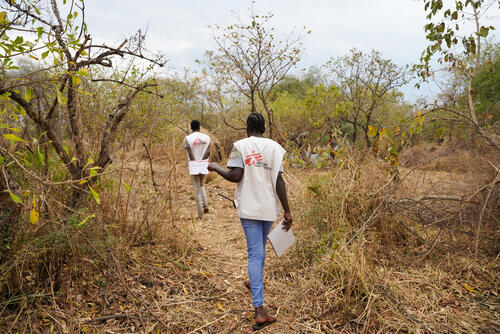Discover all our latest news, stories and publications. Use the filter to get to the content you're looking for.
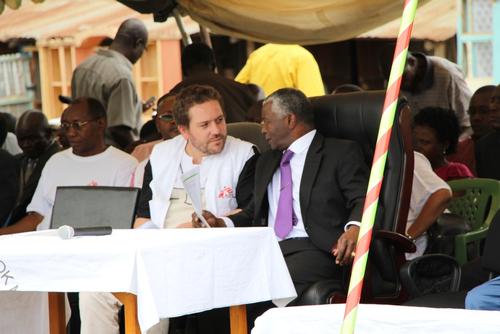
To curb the HIV epidemic, “clear objectives and patience are the keys”
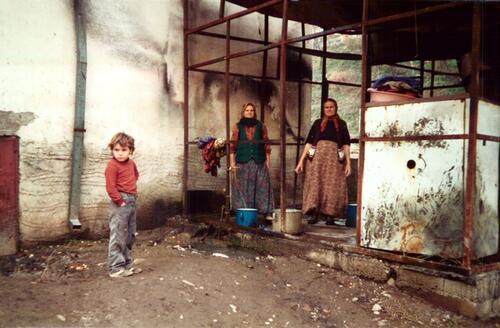
MSF and the war in the former Yugoslavia 1991-2003 (PDF, 7.5 MB)
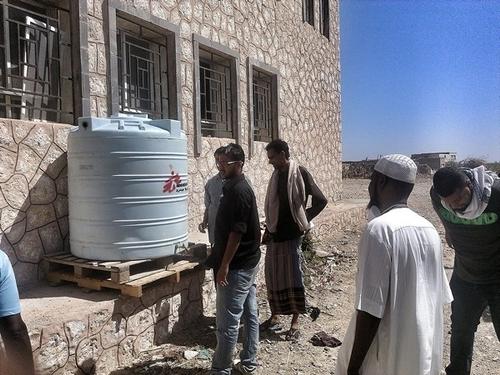
MSF provides help to people affected by the cyclones in the province of Hadramaut

Double-tap bombing on MSF-supported hospital – hospital partially destroyed – patients under treatment died in transit
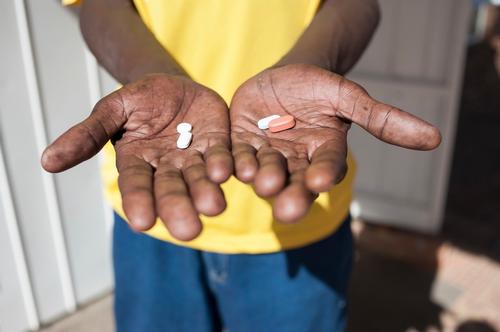
HIV: Antiretroviral drugs fail to consistently reach patients in countries most affected by HIV/AIDS
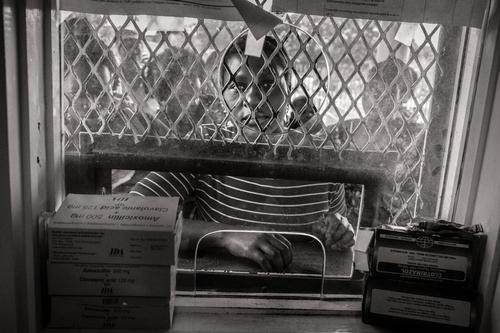
Stockouts: Testimonies from patients and medical staff
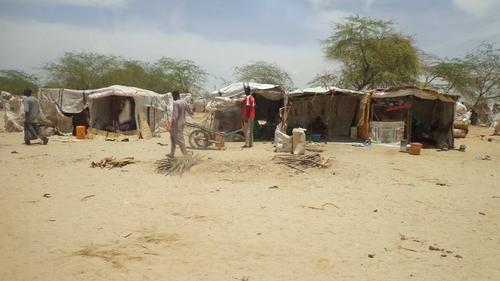
MSF assists victims of new wave of violence in Diffa region
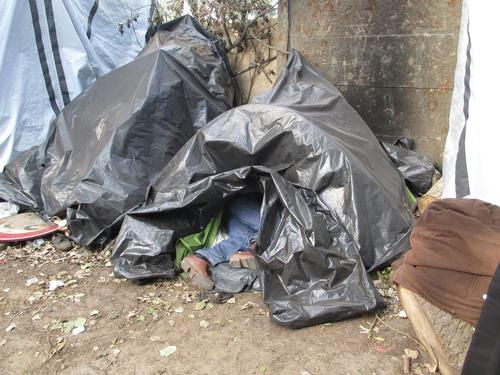
Meeting the most pressing needs at the Calais Jungle
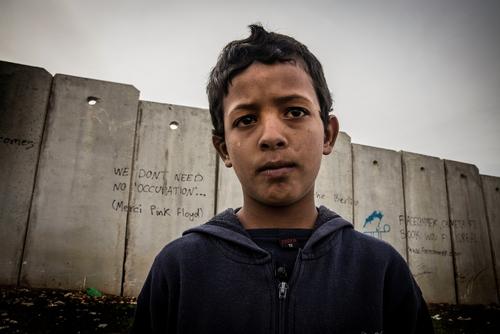
'What they see during the day, they dream at night.”
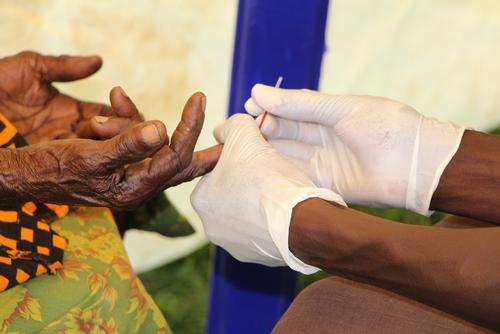
Despite better access to treatment, many AIDS patients in African hospitals still die
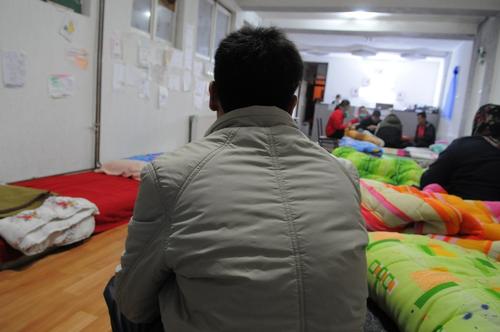
“I had no choice but to run“

Chose life – chose treatment
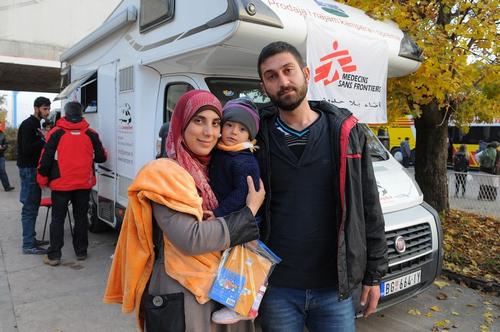
Hundreds stranded without aid as new border control measures come into force

Statement by Christopher Stokes, MSF General Director
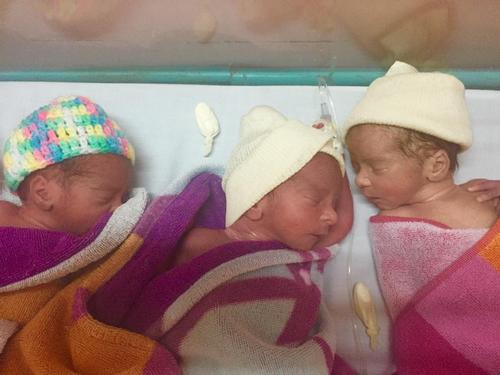
Delivering healthcare to women and children in the communities
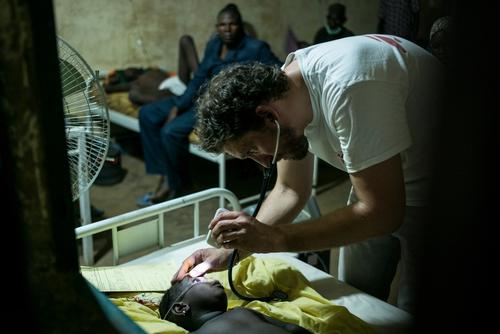
Epidemics: Neglected emergencies?
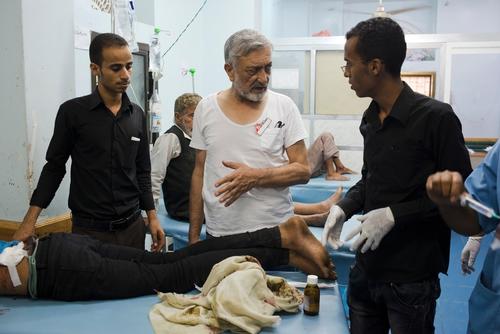
“It was clear from our patients’ wounds that the snipers were shooting to kill”
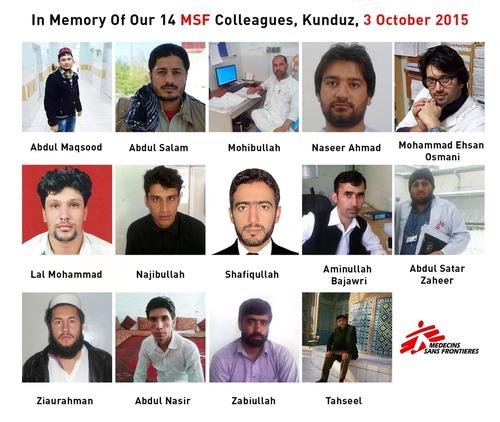
In Memoriam: MSF colleagues killed in the Kunduz Trauma Centre attack
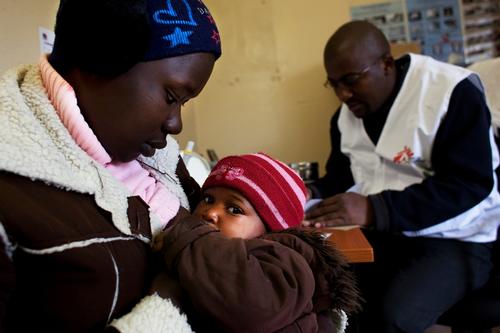
Countries should take up new WHO ‘test and treat’ guidelines
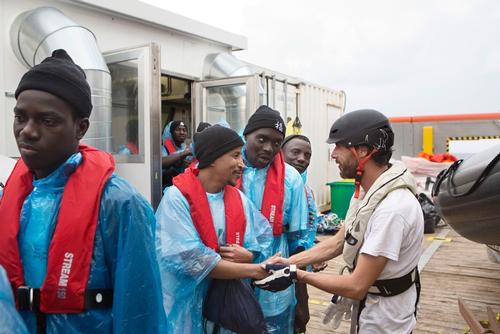
“The crossing is more deadly and infinitely more miserable”
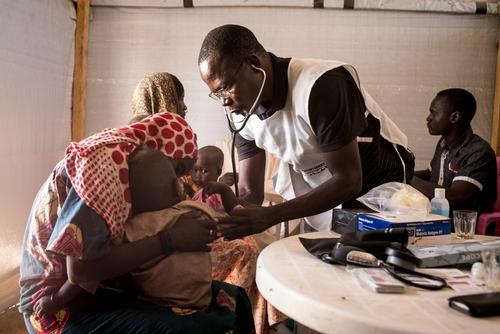
Lake Chad region: providing assistance in the epicentre of violence
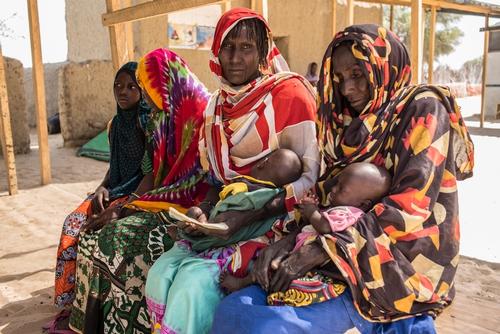
“The only certainty is that people will remain uprooted and continue to live in fear”

MSF appalled that another supported hospital in Damascus area hit by missiles
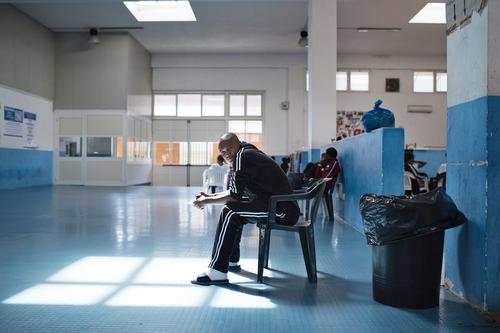
Unacceptable conditions for migrants and asylum seekers in Pozzallo reception center, Italy

How we deliver medical humanitarian assistance
Everywhere we work, the circumstances are unique. Nonetheless, our programmes generally follow a common set of practices designed to make sure our resources and expertise are used to maximum effect.



